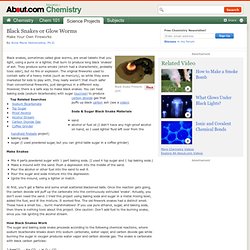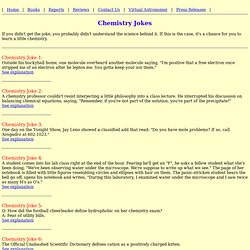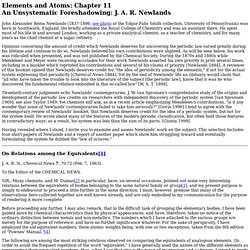

Scientists Discover The Oldest, Largest Body Of Water In Existence. Scientists have found the biggest and oldest reservoir of water ever--so large and so old, it’s almost impossible to describe.

The water is out in space, a place we used to think of as desolate and desert dry, but it's turning out to be pretty lush. Researchers found a lake of water so large that it could provide each person on Earth an entire planet’s worth of water--20,000 times over. Yes, so much water out there in space that it could supply each one of us all the water on Earth--Niagara Falls, the Pacific Ocean, the polar ice caps, the puddle in the bottom of the canoe you forgot to flip over--20,000 times over. The water is in a cloud around a huge black hole that is in the process of sucking in matter and spraying out energy (such an active black hole is called a quasar), and the waves of energy the black hole releases make water by literally knocking hydrogen and oxygen atoms together.
The new cloud of water is enough to supply 28 galaxies with water. Black Snakes or Glow Worms - Make Your Own Fireworks. Black snakes, sometimes called glow worms, are small tablets that you light, using a punk or a lighter, that burn to produce long black 'snakes' of ash.

They produce some smoke (which had a characteristic, probably toxic odor), but no fire or explosion. The original fireworks used to contain salts of a heavy metal (such as mercury), so while they were marketed for kids to play with, they really weren't that much safer than conventional fireworks, just dangerous in a different way. However, there is a safe way to make black snakes. You can heat baking soda (sodium bicarbonate) with sugar (sucrose) to produce carbon dioxide gas that puffs up black carbon ash (see a video). Soda & Sugar Black Snake Materials. UK scientists invent artificial petrol - News Archive. Boffins at Rutherford Appleton Laboratory, near Oxford have invented an ‘artificial’ petrol, which costs just 90 pence per gallon and could run in existing cars.

Motorists could even be able to drive for 300 to 400 miles before needing to fill up. The breakthrough comes as average UK fuel prices have hit a record high. The new hydrogen-based fuel produces no greenhouse gases and could be available in as little as three years. Professor Stephen Bennington, the project’s lead scientist, said: “In some senses, hydrogen is the perfect fuel. It has three times more energy than petrol per unit of weight, and when it burns, it produces nothing but water. “Our new hydrogen storage materials offer real potential for running cars, planes and other vehicles that currently use hydrocarbons.” How is it made? It says: "Storing hydrogen up to now has required either high-pressure storage cylinders at up to 700 times atmospheric pressure or super-cooled liquids at -253 degree Celsius. Alkali metals in water, accurate! Chemistry Jokes. Chemistry jokes, humor, and cartoons from Jupiter Scientific; Links to science jokes, physics jokes, astronomy jokes, and biology jokes. | Home | Books | Reports | Reviews | Contact Us | Virtual Astronomer | Press Releases | If you didn't get the joke, you probably didn't understand the science behind it.

If this is the case, it's a chance for you to learn a little chemistry. Chemistry Joke 1: Outside his buckyball home, one molecule overheard another molecule saying, "I'm positive that a free electron once stripped me of an electron after he lepton me. You gotta keep your ion them. " Chemistry Joke 2: A chemistry professor couldn't resist interjecting a little philosophy into a class lecture.
Chemistry Joke 3: One day on the Tonight Show, Jay Leno showed a classified add that read: "Do you have mole problems? Chemistry Joke 4: A student comes into his lab class right at the end of the hour. Fe - Fe / \ Fe Fe \ / Fe - Fe. An Unsystematic Foreshadowing: J. A. R. Newlands. John Alexander Reina Newlands (1837-1898; see photo at the Edgar Fahs Smith collection, University of Pennsylvania) was born in Southwark, England.

He briefly attended the Royal College of Chemistry and was an assistant there. He spent most of his life in and around London, working as a private analytical chemist, as a teacher of chemistry, and for many years as the chief chemist at a sugar refinery. Opinions concerning the amount of credit which Newlands deserves for uncovering the periodic law varied greatly during his lifetime and continue to do so.
Newlands believed his own contributions were slighted. As will be seen below, his work was ridiculed when presented, and was not published by the Chemical Society. Twentieth-century judgments echo Newlands' contemporaries. Having revealed where I stand, I invite you to examine and assess Newlands' work on the subject. On Relations among the Equivalents[1] J. To the Editor of the CHEMICAL NEWS. SIR,--Many chemists, and M. Group I. Group II.